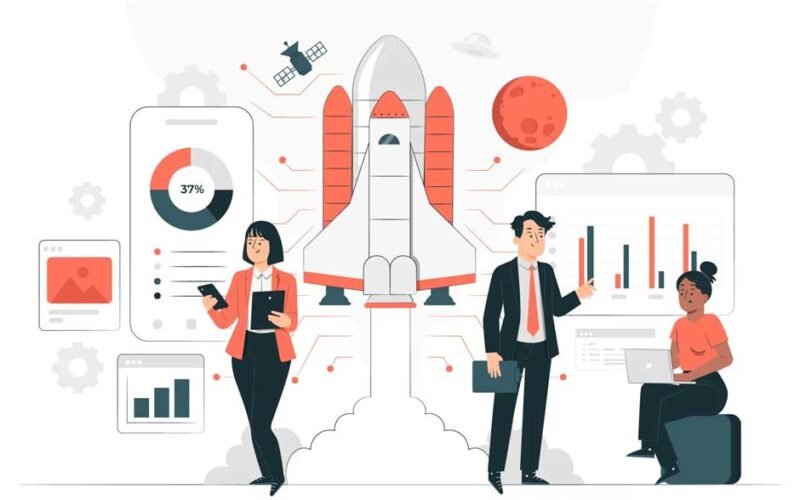How is technology shaping the future of consumer support? What innovative strategies will define the way businesses handle interactions in the coming years? The increasing demand for efficiency, personalized engagement, and rapid issue resolution is driving companies to explore smarter solutions.
One of the most effective ways businesses enhance operational efficiency is to outsource customer service. By leveraging external expertise, organizations gain access to skilled professionals, advanced technology, and cost-effective models. With 2025 on the horizon, several key trends and innovations are set to redefine the industry. Take a look at these trends.
AI-Driven Solutions for Enhanced Efficiency
Automation is transforming how businesses manage user interactions. AI-powered chatbots and virtual assistants are now capable of handling repetitive queries with remarkable accuracy. These tools ensure instant responses, reducing wait times while improving overall satisfaction.
Despite the rise of AI, human support remains essential for handling complex concerns. BPO Companies are integrating automated systems with human expertise, striking a balance between efficiency and personalized engagement. This hybrid approach ensures that businesses offer seamless, high-quality assistance.
Omnichannel Communication for Seamless Interaction
Consumers expect businesses to provide support across multiple platforms. A phone call is no longer the primary mode of assistance—email, social media, live chat, and messaging apps are becoming integral to modern engagement strategies.
An effective omnichannel approach ensures that users can switch between platforms without losing context. By integrating different channels into a unified system, businesses enhance accessibility while providing consistent experiences. This trend is pushing companies to adopt flexible communication models that prioritize user convenience.
Hyper-Personalization in Assistance
Customized interactions are gaining prominence. Businesses are leveraging technology to offer tailored experiences based on individual preferences. This shift ensures that every engagement feels unique and relevant.
- AI-driven recommendations help predict concerns before they escalate.
- Personalized responses improve overall satisfaction and retention.
- User data is being utilized to provide more relevant solutions.
Hyper-personalization is bridging the gap between efficiency and meaningful interaction, ensuring businesses deliver value-driven experiences.
The Growth of Remote and Distributed Teams
With cloud-based platforms and collaboration tools, businesses are no longer restricted by geographical limitations. Organisations are increasingly adopting remote workforce models, allowing them to access a diverse talent pool while reducing operational expenses.
- Remote professionals ensure round-the-clock availability, enhancing service efficiency.
- Distributed teams enable businesses to scale operations based on demand fluctuations.
- Advanced cloud solutions facilitate seamless collaboration across different locations.
This shift toward decentralized teams is enabling companies to offer flexible, high-quality assistance without compromising operational effectiveness.
Strengthened Security and Compliance Measures
As digital interactions increase, so do concerns about data security. Businesses must prioritize user privacy by implementing stringent security measures. Encryption, multi-factor authentication, and regulatory compliance are becoming essential components of modern consumer support strategies.
Building trust through secure systems is a top priority for companies aiming to establish long-term relationships. A well-protected environment ensures that users feel confident while engaging with an organization, ultimately enhancing loyalty and retention.
Scalability and Cost-Effectiveness in Support Models
Outsourcing is not just about reducing expenses—it is about achieving scalability and operational flexibility. Businesses can adjust resources based on demand, ensuring optimal efficiency without unnecessary overhead costs.
External service providers offer expertise that enhances productivity while maintaining cost-effectiveness. This approach allows organizations to focus on core functions while ensuring that consumer interactions are handled professionally. The ability to scale up or down based on requirements makes outsourcing a sustainable strategy for businesses of all sizes.
The decision to outsource customer service is evolving beyond cost savings—it is about leveraging technology, expertise, and flexibility to improve user experiences. The future of consumer support lies in AI-driven automation, omnichannel communication, personalized interactions, and secure operations. Businesses that embrace these innovations will gain a competitive advantage while ensuring seamless, high-quality engagement.










